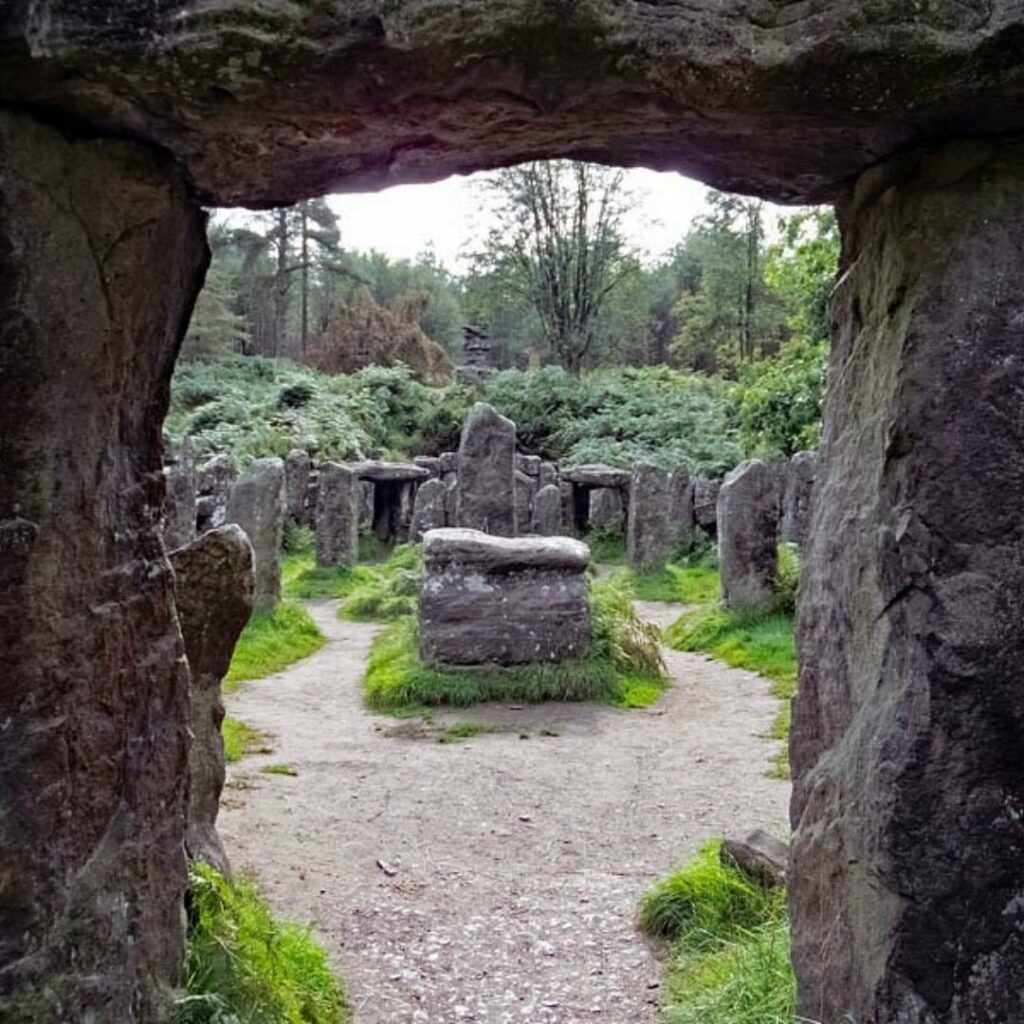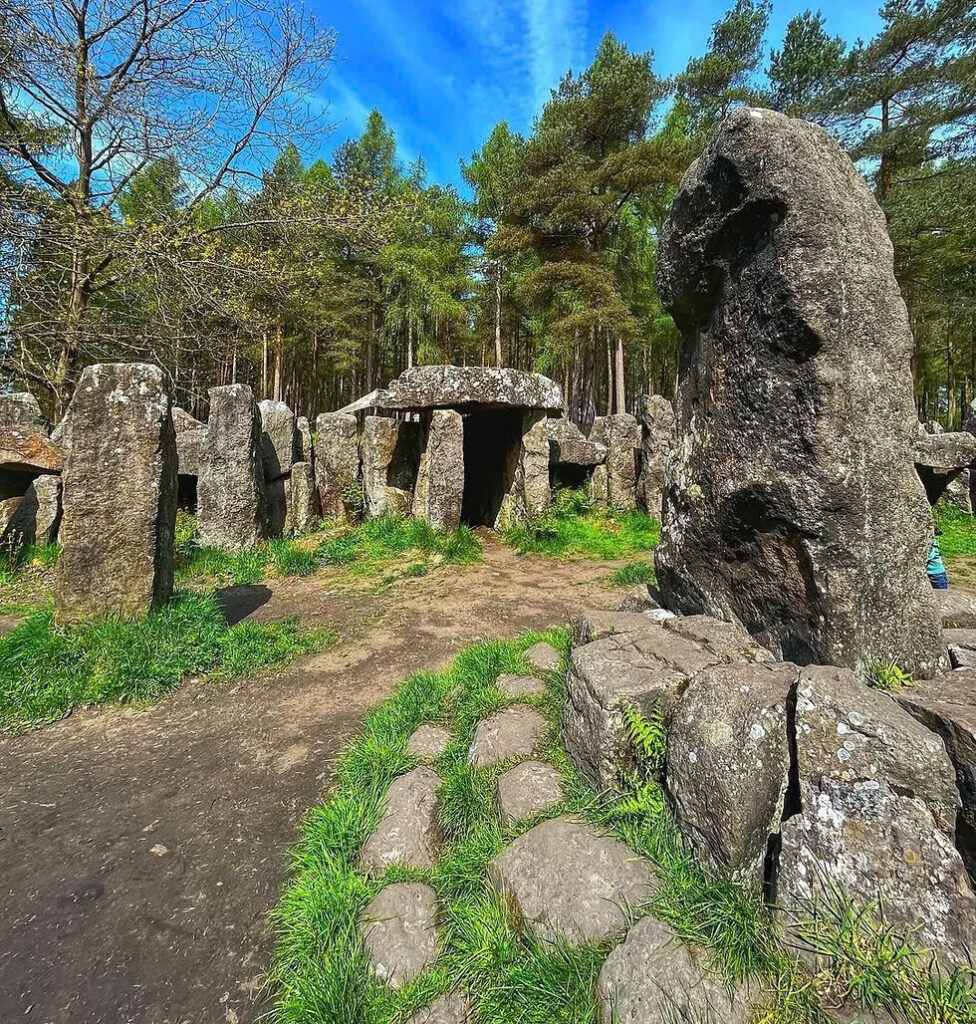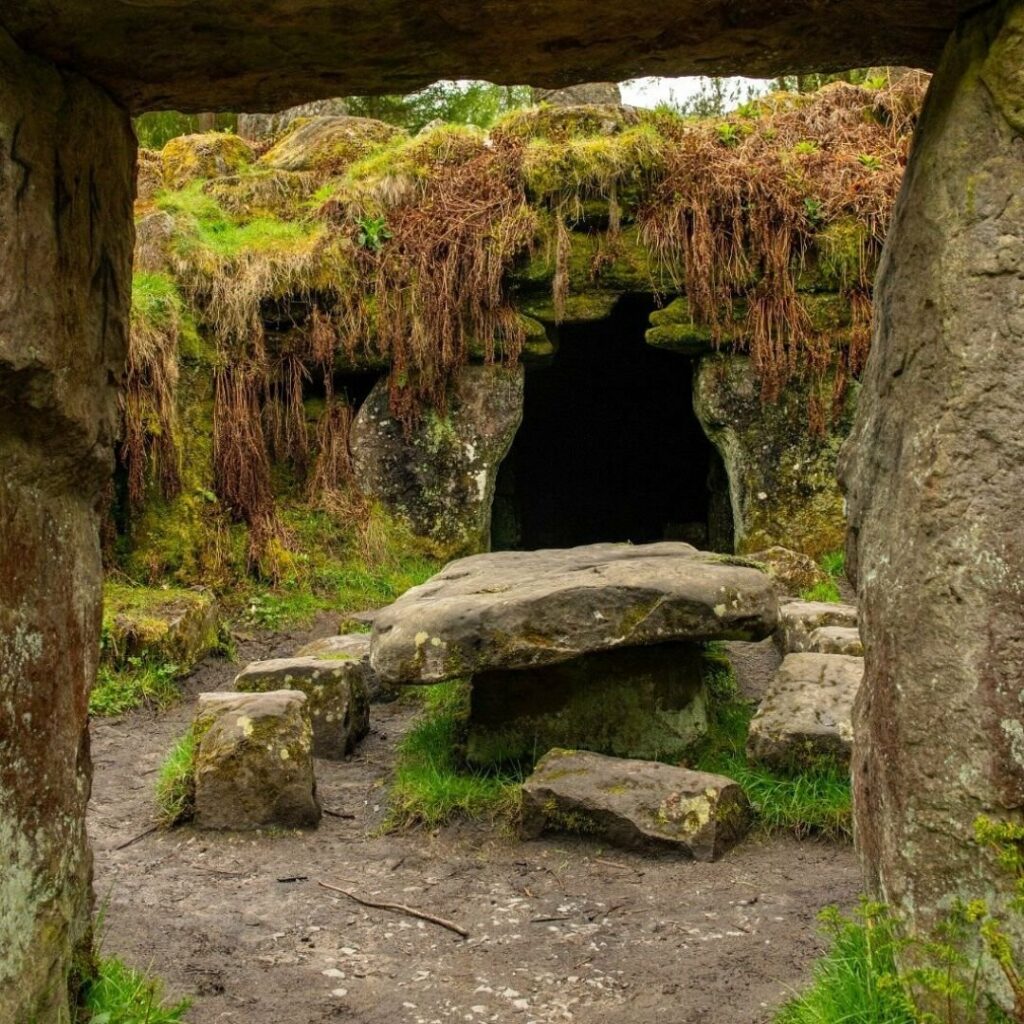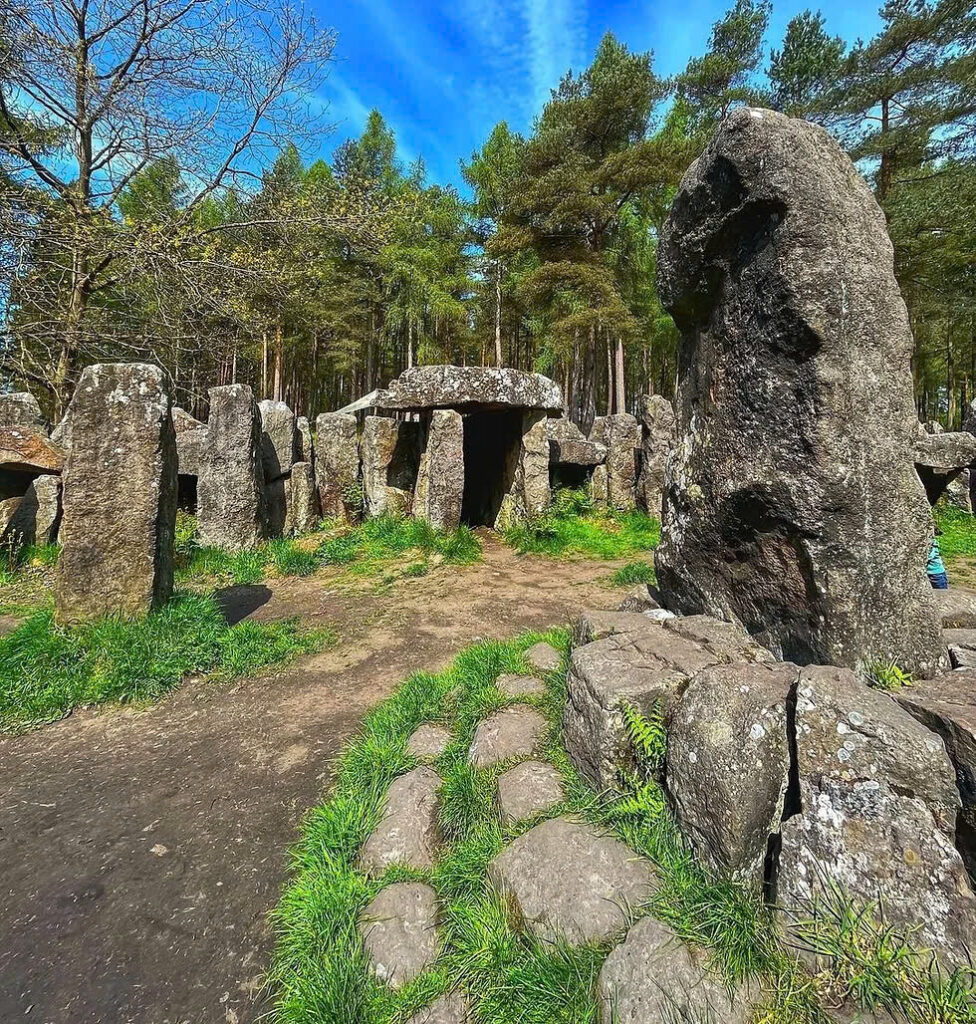A Visionary’s Solution to Economic Hardship

In the bleak aftermath of the Napoleonic Wars, Yorkshire faced a dire economic depression. Enter William Danby, an eccentric country squire with an extraordinary vision that would transform local unemployment into an architectural marvel.
The Birth of an Extraordinary Folly
An Unconventional Employment Project

William Danby, a wealthy landowner and former Sheriff of Yorkshire, devised an innovative solution to help struggling workers. He conceived a remarkable project – a stone circle reminiscent of ancient monuments like Stonehenge – and paid unemployed workers one shilling per day to bring his vision to life.
Architectural Details of the Temple

The temple emerged as a stunning landscape installation, featuring standing stones up to 10 feet high, arranged in a 100-foot-long circle. At its heart stood a low stone altar, surrounded by carefully positioned monoliths. A cave-like tomb and a circular chamber completed this fascinating structure.
The Hermit’s Bizarre Challenge

In an even more peculiar twist, Danby hired a hermit to inhabit the tomb, demanding complete silence and unkempt appearance. The extraordinary experiment lasted only four years, with rumors suggesting the hermit’s sanity was severely tested.
Legends and Paranormal Whispers
Supernatural Encounters

Over the decades, the Druids Temple has become shrouded in mysterious tales. Visitors have reported:
- Disembodied shadows shifting across stone surfaces
- Eerie, unexplained noises
- A notorious incident involving a pig’s head discovered on the altar around the year 2000
The mystery grew so profound that it even sparked a discussion in the House of Lords, with Baroness Masham expressing concerns about potential satanic practices.
A Modern-Day Sanctuary

Today, the Druids Temple has transformed from a provocative architectural experiment to a serene destination. Visitors describe it as a stunning woodland walk with clearly marked pathways and a nearby café, offering a peaceful retreat into history and imagination.
Conclusion

William Danby’s 19th-century folly stands not just as a monument of stone, but as a testament to human creativity, compassion, and the extraordinary lengths one might go to support a community in need.
The Druids Temple remains a captivating blend of historical curiosity, architectural wonder, and enduring mystery – a true jewel of Yorkshire’s landscape.

